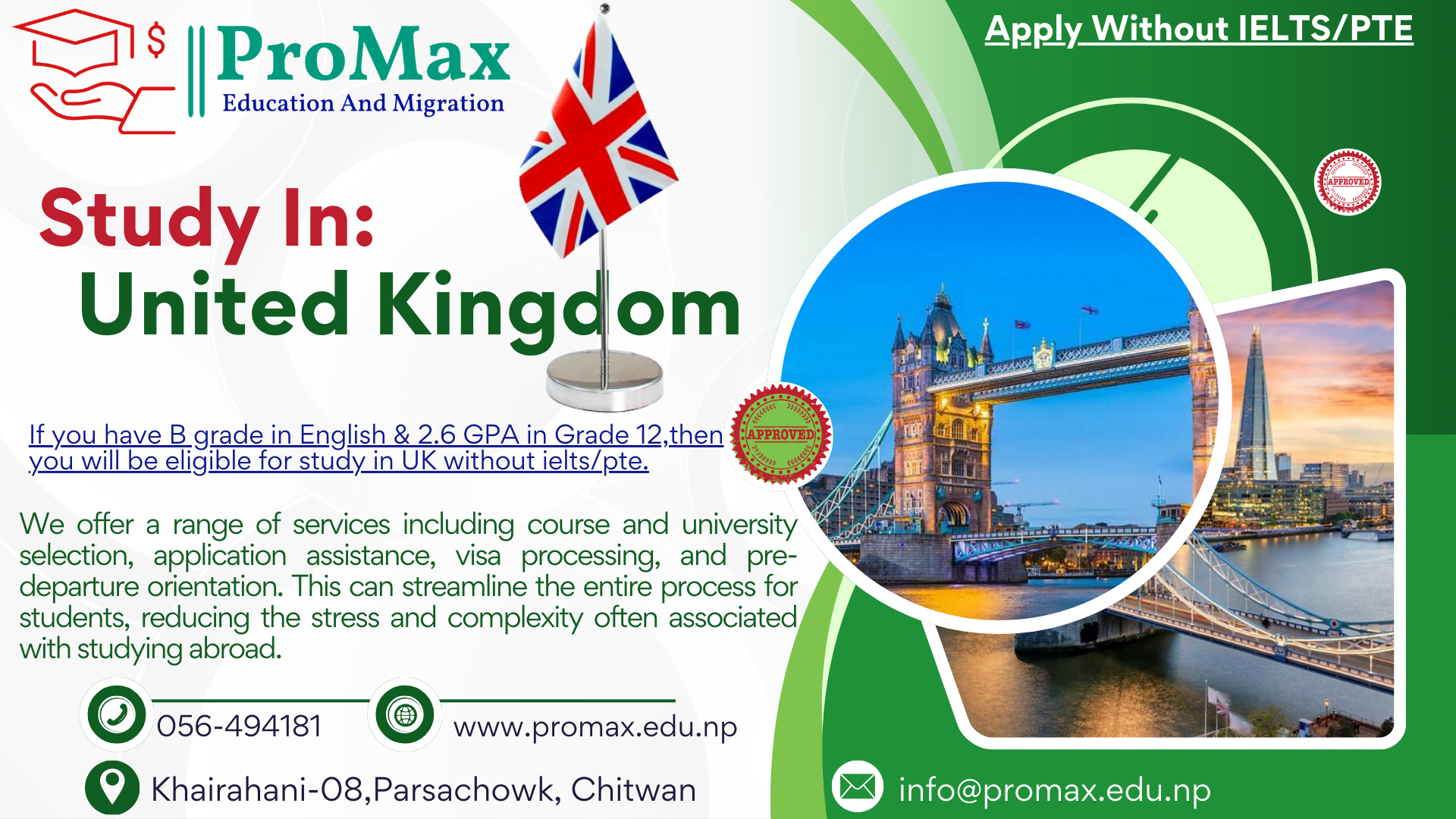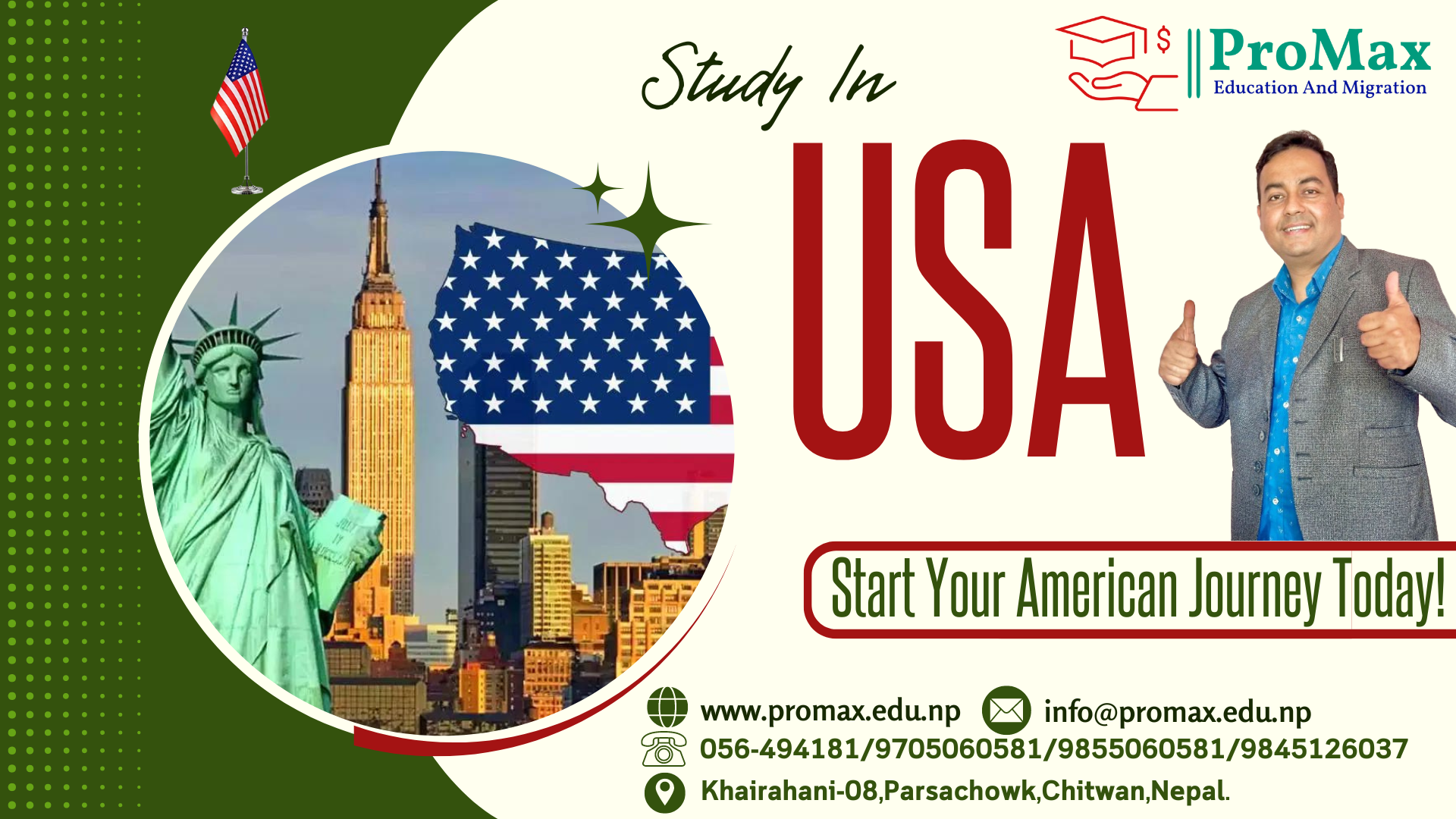Study In Australia ?
Universities ranked among the world’s best.
Australia is one of the world’s top study destinations for international students.
For many years, Australian universities have ranked among the best in the world for quality education, student satisfaction and overall global reputation. Check out independent rankings such as Times Higher Education World University Rankings, Times Higher Education (THE) Impact Rankings, QS World University Rankings and the Shanghai/Academic Rankings of World Universities (ARWU).
Australian universities are also ranked in the top 50 worldwide in the study areas of Engineering and Technologies, Life Sciences and Medicine, Arts and Humanities, Natural Sciences, and Social Sciences and Management in the QS World University Rankings by Subject 2024.
Globally recognised qualifications
Your Australian qualification can open up global career opportunities.
Graduates of Australian courses are in demand. Employers in Australia and worldwide know that Australian qualifications are current, industry-relevant and of a world-class standard.
An exciting history of innovation
Australian education providers encourage their students to think big and achieve their goals.
Among Australia’s international alumni are leading scientists, designers, educators, entrepreneurs, artists and humanitarians. Some have become world leaders in groundbreaking research and development and have helped to change the world for the better.
The work of researchers at Australian institutions has benefited millions worldwide, from the discovery of penicillin to the development of the cervical cancer vaccine, Wi-Fi, the Cochlear implant, and so many more life-changing innovations.
Find out about research opportunities in Australia.
Quality education standards
Australia’s international education system is strictly regulated to protect your rights and care for your welfare.
In Australia, there is a system of quality control and government accreditation to ensure you have the best study experience. This system has been specially designed for international students.
- The Australian Qualifications Framework (AQF) regulates courses delivered by Australian education and training providers. It also enables different countries to recognise your qualification and issue a comparable qualification.
- Every course offered to international students by an Australian higher education provider, vocational education and training provider, Foundation college, ELICOS provider or school must meet the Australian Government’s strict quality standards.
- All higher education providers in Australia must complete a demanding accreditation process to deliver the highest standard of teaching and learning. They must also go through regular, formal reviews to ensure they meet these standards.
- Australia also has a set of laws to protect our international students’ rights’ called The Education Services for Overseas Students Act 2000 (ESOS Act).
Protection for you and your study experience
Australia has a set of laws and regulations to protect the rights of all international students.
Special laws in Australia protect the rights of international students. These are covered in the Education Services for Overseas Students Act 2000 (ESOS Act). The ESOS Act helps to ensure international students in Australia receive a high-quality education in a safe and fair environment.
Find out more about your legal rights and protections as an international student in Australia.
Support while you study
The Australian Government and education providers work together to ensure international students have a great student experience.
Australian education providers at all levels have dedicated staff members who look after your welfare and well-being as an international student.
These dedicated staff, often called ‘international student advisers’, are available to help answer any questions you have as an international student. Many cities and towns also have dedicated international student hubs and centres.
Find out more about student support services.
Study In United Kingdom
1.OVERVIEW:
You can apply for a Student visa to study in the UK if you’re 16 or over and you:
- have been offered a place on a course by a licensed student sponsor
- have enough money to support yourself and pay for your course – the amount will vary depending on your circumstances
- can speak, read, write and understand English
- have consent from your parents if you’re 16 or 17 – you’ll need evidence of this when you apply
If you’re 16 or 17 and you want to study at an independent school in the UK, you may be eligible for a Child Student visa instead.
This visa has replaced the Tier 4 (General) student visa.
When to apply
When you can apply depends on whether you’re applying from inside or outside the UK.
Applying from outside the UK
The earliest you can apply for a visa is 6 months before you start your course.
You’ll usually get a decision on your visa within 3 weeks.
Applying from inside the UK
The earliest you can apply is 3 months before your course starts.
You must apply before your current visa expires. Your new course must begin within 28 days of your current visa expiring.
You’ll usually get a decision within 8 weeks.
How long you can stay
How long you can stay depends on the length of your course and what study you’ve already completed in the UK.
If you’re 18 or over and your course is at degree level, you can usually stay in the UK for up to 5 years. If it’s below degree level, you can usually stay in the UK for up to 2 years.
Read the guidance to find out exactly how long you can stay.
Staying longer in the UK
You may be able to:
- extend your visa if you’re eligible, for example to continue your studies in the UK
- switch to a Student visa from another visa if you’re already in the UK
- switch to a Graduate visa to stay in the UK for at least 2 years after successfully completing your course
When you can travel to the UK
You can arrive before your course starts. This can be either:
- up to 1 week before, if your course lasts 6 months or less
- up to 1 month before, if your course lasts more than 6 months
You must not travel to the UK before the start date given on your visa, no matter when your course starts.
Fees
It costs:
- £490 to apply for a Student visa from outside the UK
- £490 to extend or switch to a Student visa from inside the UK
You must pay the visa fee for each person that joins you.
Healthcare surcharge
You’ll also have to pay the healthcare surcharge as part of your application.
How much you pay depends on how long your visa lasts. Check how much you’ll have to pay before you apply.
Your partner and children
You may be able to bring your partner and children (‘dependants’).
What you can and cannot do
You can:
- study
- work as a student union sabbatical officer
You may be able to work – how much depends on what you’re studying and whether you’re working in or out of term-time.
You cannot:
- claim public funds (benefits) and pensions
- work in certain jobs, for example as a professional sportsperson or sports coach
- be self-employed
- study at an academy or a local authority-funded school (also known as a maintained school)
If your application is successful, you’ll be told what you can and cannot do on a Student visa.
Study In USA.
The Ultimate Guide to Studying in the USA: Insights and Opportunities for International Students
Understanding the Application Process
Research and Select Universities
The journey to study in the USA begins with thorough research and selecting universities that align with your academic goals and interests. Utilize reputable rankings and databases to compare programs, campuses, and opportunities. Consider factors like location, size, academic programs, and campus culture to find your perfect match.
Prepare for Standardized Tests
To apply to U.S. universities, international students may need to take standardized tests such as the PTE, SAT, ACT, GRE, GMAT, TOEFL, or IELTS. Start preparing early to ensure you achieve competitive scores. Resources include online courses, practice tests, and study guides.
Gather Necessary Documentation
Application to U.S. universities requires careful preparation of documentation. This includes academic transcripts, letters of recommendation, standardized test scores, bank balance certificate and a personal statement or essay. Ensure all documents are translated into English and comply with each university’s requirements.
Understand Visa Requirements
Securing a student visa is crucial for studying in the USA. Familiarize yourself with the visa requirements and the types of visas available for students, mainly the F-1 Visa. Each type has specific requirements and allows for different opportunities for study and employment.
Fill Accurate Visa Application Form (DS-160)
The DS-160 form is your first step toward securing a U.S. student visa. It’s crucial to fill this form accurately, providing all required information. For detailed instructions, click here.
Pay SEVIS Fee
All prospective students must pay the SEVIS I-901 fee before applying for their visa. The fee supports the system that tracks students and exchange visitors in the United States. For payment instructions, click here.
Schedule Visa Interview
After submitting your visa application and paying the SEVIS fee, schedule your visa interview at the nearest U.S. Embassy or Consulate. This is your opportunity to prove your intent to study in the USA and return home upon completion of your studies.
Ready For Visa Interviews and Receive Student Visa
Prepare thoroughly for your visa interview, gathering all necessary documents and practicing your answers to potential questions. Showing confidence and clarity about your study plans in the USA is key to receiving your student visa.
Life of International Students in the USA
Living in the USA offers a unique blend of cultural, academic, and professional experiences. International students can enjoy a diverse campus life, access to cutting-edge technology and research, part-time employment opportunities, and a wide array of extracurricular activities. Embrace the chance to immerse yourself in a melting pot of cultures and build a global network of friends and professionals.
After Graduation: Scope and Opportunities in the USA
Graduating from a U.S. university opens up numerous doors for international students. The USA is home to global corporations, startups, and research institutions, offering vast career opportunities. Optional Practical Training (OPT) allows students to gain work experience in their field of study for up to three years post-graduation, providing a pathway to employment and potential sponsorship for work visas.
Conclusion
Studying in the USA is not just about earning a degree; it’s about embracing a journey of personal and professional growth. With the right preparation and mindset, international students can unlock a world of opportunities. Remember, every step taken is a step closer to achieving your American dream. Start your journey today and explore the endless possibilities that await you in the USA.






